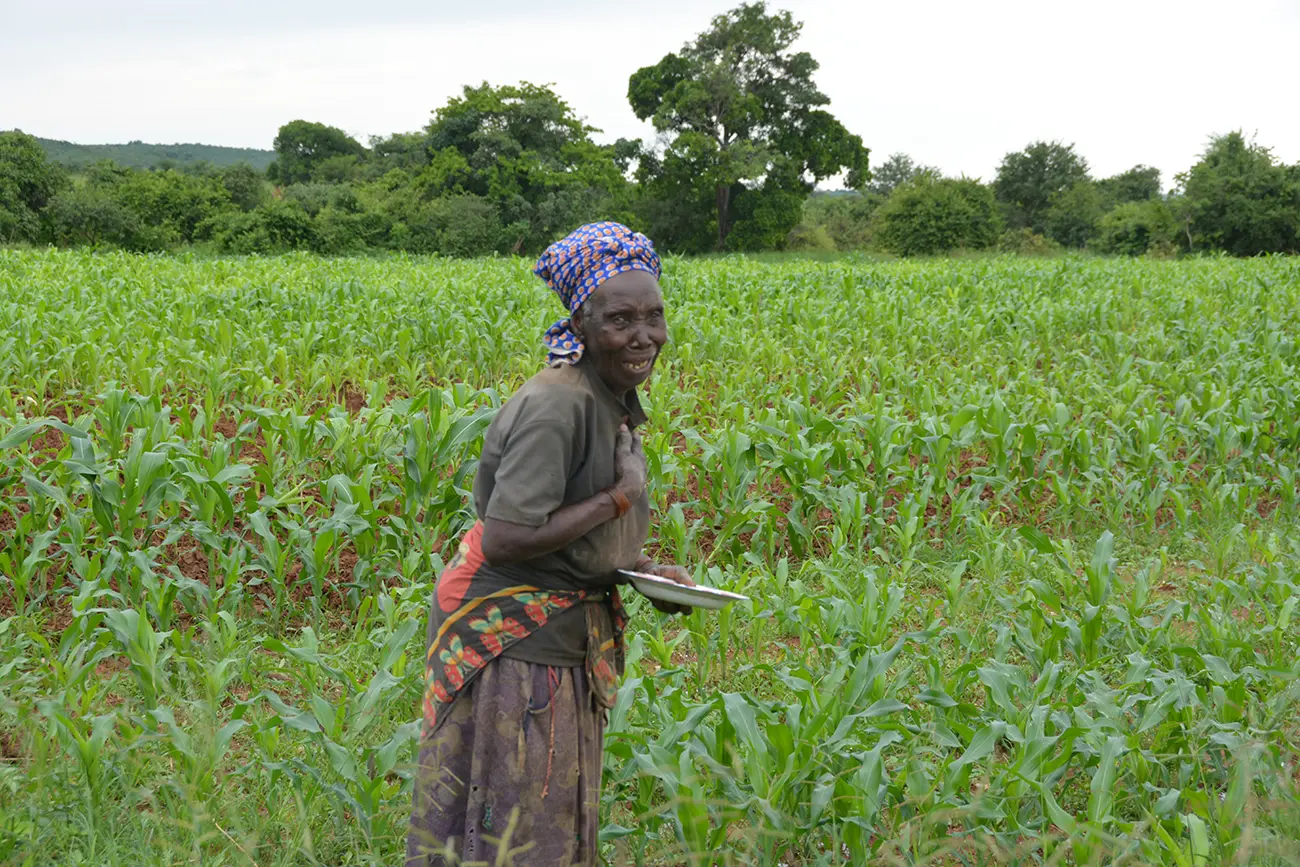
On Monday 22 May 2017, the High Court of Malawi, sitting in Mzuzu, dismissed an action brought by the Plaintiff, a daughter to an elite couple, against the Defendant, an 89 year old grandmother. The Court found that the property rights of the disputed land was given to the Defendant’s husband in 1988 and passed on to his daughter and widow in 2006 when he died. The Court ruled that the Plaintiff had no right to the 2 hectares sugarcane plot and that the plot must immediately be handed over to the Defendant who is the rightful owner. The Court also granted the Defendant and her family a permanent injunction restraining the Plaintiff, her family, her employees, agents, any institution or department from taking possession, cultivating or trespassing on her 2 hectares plot or interfering with her constitutional right to property.
Following the High Court’s dismissal of the case brought by her parents on 2 December 2016, the Plaintiff commenced an action against the Defendant early this year claiming that the land that the Defendant inherited from her husband was allocated to her by the Dwangwa Cane Growers Trust (DCGT) in 2012. The Plaintiff alleged that the government of Malawi established the DCGT and then allocated to it a vast area of land in Village Headman Chikasa’s area. The Plaintiff further alleged that DCGT dispossessed all those that were holding customary land and that in the process she was allocated 2 hectares of land.
The Defendant submitted that Chief Bondo allocated a piece of customary land to her deceased husband in 1988 and that after the death of her husband in 2006, the land was divided into two plots for her and her daughter’s use. The Defendant and her daughter’s land were taken from them by Village Headman Chikasa who gave it to the Plaintiff in 2012. The Defendant therefore claimed proprietary rights of the disputed land through inheritance from her deceased husband. She requested the Court to declare that she was the rightful owner of land with exclusive proprietary rights, and an order of permanent injunction restraining the Plaintiff and her agents from interfering with her constitutional rights to property, and an order for payment of damages for trespass, damages for inconvenience caused by holding onto the land, and costs of the action. The Court found in favour of the Defendant and granted all the orders requested.
The Court affirmed that the usage and occupancy of customary land passes to heirs. The Court concluded that the user and occupancy rights of the disputed land that was given to the Defendant’s husband in 1988 by Chief Bando, passed on to his daughter and his widow in 2006. “Indeed having used and occupied the land for such a lone time, VH Chikasa acted arbitrarily in allocating the land to other people,” the Court stated. The Court further stated that “the action of VH Chikasa, in allocating the purported customary land to other people in the absence of the legal users of the land under customary law was tantamount to arbitrary deprivation of the land from the defendant”.
Concerning the Plaintiff’s claim that the land used to be customary but was acquired by the Government of Malawi and leased to DCGT, the Court explained that customary land can be declared as public land when the Minister responsible for land has determined that there is need for that land. However, in order to do that, the Minister must follow the procedure outlined in the Land Act and must declare by notice published in the Gazette that such customary land is designated public land, either permanently or temporarily. “In both situations, any person who had user and occupation rights must be compensated for the loss, damage or disturbance in their use of land. Failure to follow this procedure and compensate appropriately will lead to arbitrary deprivation of users and occupiers of land contrary to section 28 of the Constitution of the Republic of Malawi,” stated the Court.
“It is good that the Court dissected the injustice in this case and exposed the deception that often conceals the dispossession of land belonging to vulnerable groups, especially women. There is a growing trend in the region of national elites using some form of documentation, often obtained illegally and secretly, to intimidate and force poor communities occupying customary land off their fertile and resource rich land,” said Brigadier Siachitema of the Southern Africa Litigation Centre (SALC) that supported the case in collaboration the Youth Watch Society (YOWSO).



